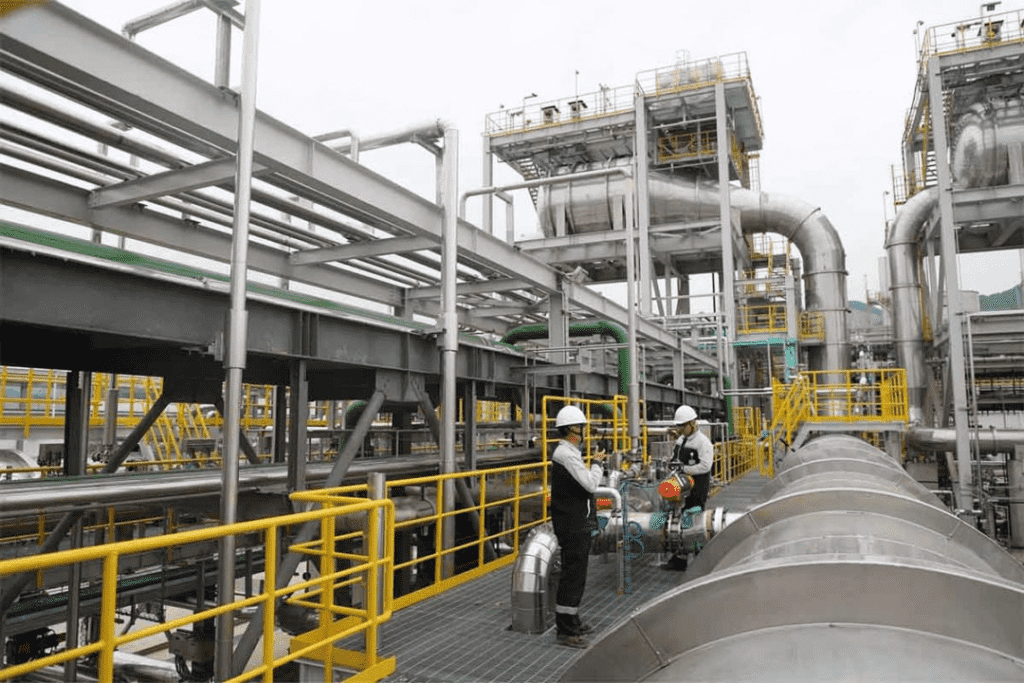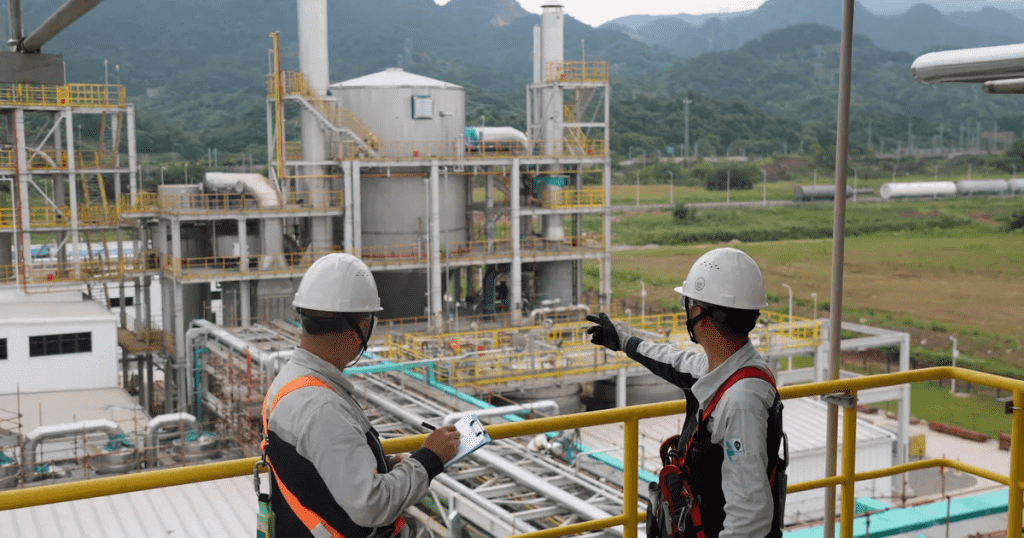China has developed the world’s first industrial-scale facility to produce FeedKind. It is a protein that has been developed to use as an alternative to fishmeal in aquafeeds.
Calysseo is a joint venture between Adisseo and Calysta and will initially produce 20,000 tons of protein per year from the facility in Chongqing, China.
FeedKind protein gives aquaculture companies a product that helps preserve biodiversity while providing a high-quality product to meet the increasing market demand.

At the launch of the plant last October, Jean-Marc Dublanc, CEO of Adisseo, said: “Food security has increasingly come under the spotlight in recent months, but we are now entering a new era of sustainable food production. Calysseo brings to the market a new way of making high-quality protein – and does so using a naturally-occurring microbe that makes the resulting protein non-GMO, something that is increasingly demanded through the supply chain. We have a long-running commitment to improving the security and sustainability of the feed ingredient market and Calysseo fulfills a significant part of that pledge. We will provide Chinese customers with a reliable, domestically available supply of protein that meets their specific needs; produced in China for China. We are looking forward to working with our customers as they begin to integrate this product into their supply chains.”
The microbial protein is made as a result of natural fermentation. This happens inside a unique high-capacity u-loop reactor patented by Calysta.
The Chongqing facility will produce FeedKind Aqua for use in fish farming and replace fishmeal and soy with a high-quality ingredient that needs no arable land and no plant matter.

Alan Shaw, co-founder, CEO, and president of Calysta, said in a press release: “Today is an incredibly proud moment. We have spent the last 10 years perfecting our technology and it is exciting to have successfully switched on the world’s first industrial-scale alternative protein fermenter. This is a huge step as we aim to help make the world more food secure. This is an exciting time for Calysta as a whole, as we continue to work on bringing a host of additional protein ingredients for food and feed applications to market.”
The protein has gone through tests and trials for several years across several popular aquaculture species, including seabass, bream, and salmon. Thailand’s Kasetsart University, Thailand, recently found distinct benefits for shrimp, saying FeedKind promotes strong, healthy growth, while also helping activate shrimp’s immune response to Vibrio, the causative agent of early mortality syndrome (EMS).


